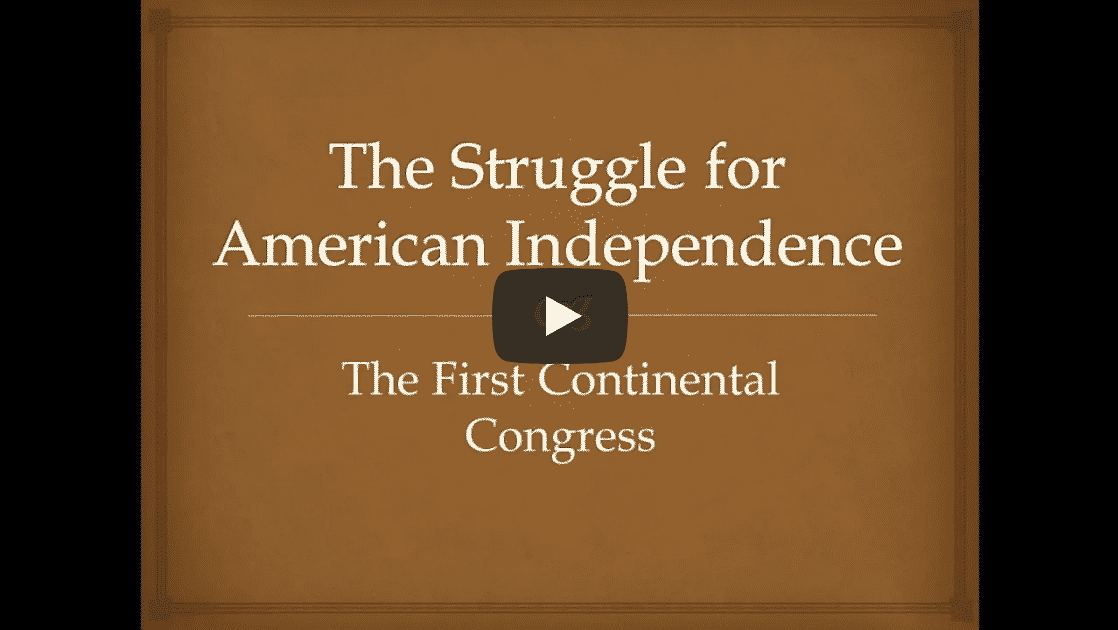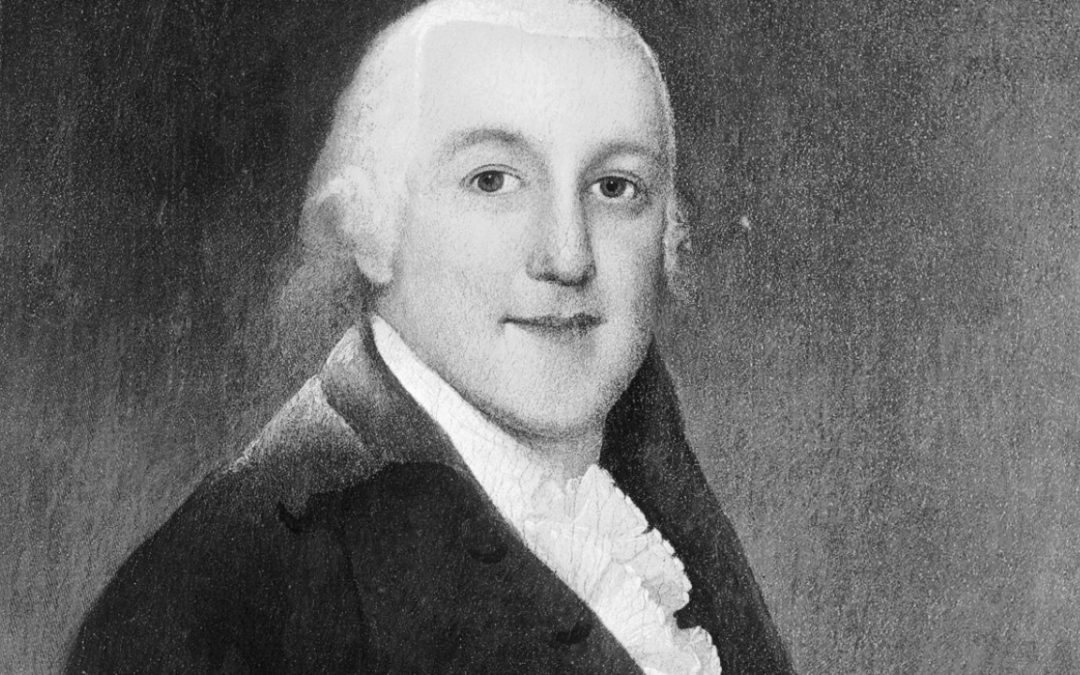

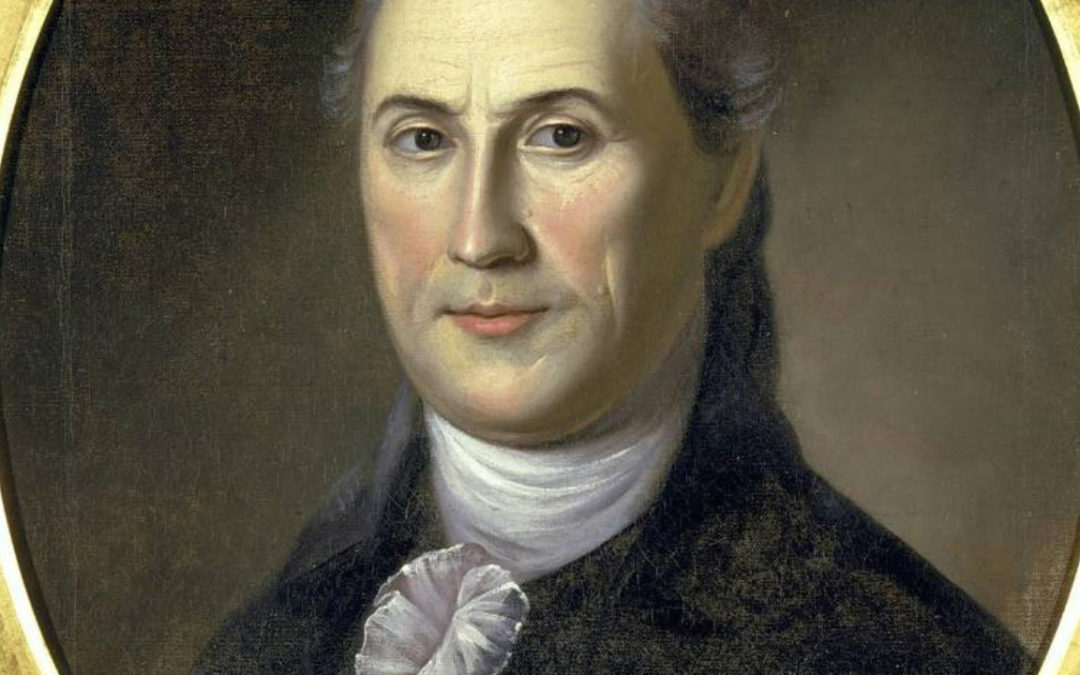
Today In History: Samuel Huntington Born
On this date in 1731, Samuel Huntington was born. Due to his time as President under the Articles of Confederation, some actually consider him the first president of the United States. Huntington was a signer of the Declaration of Independence and the Articles of...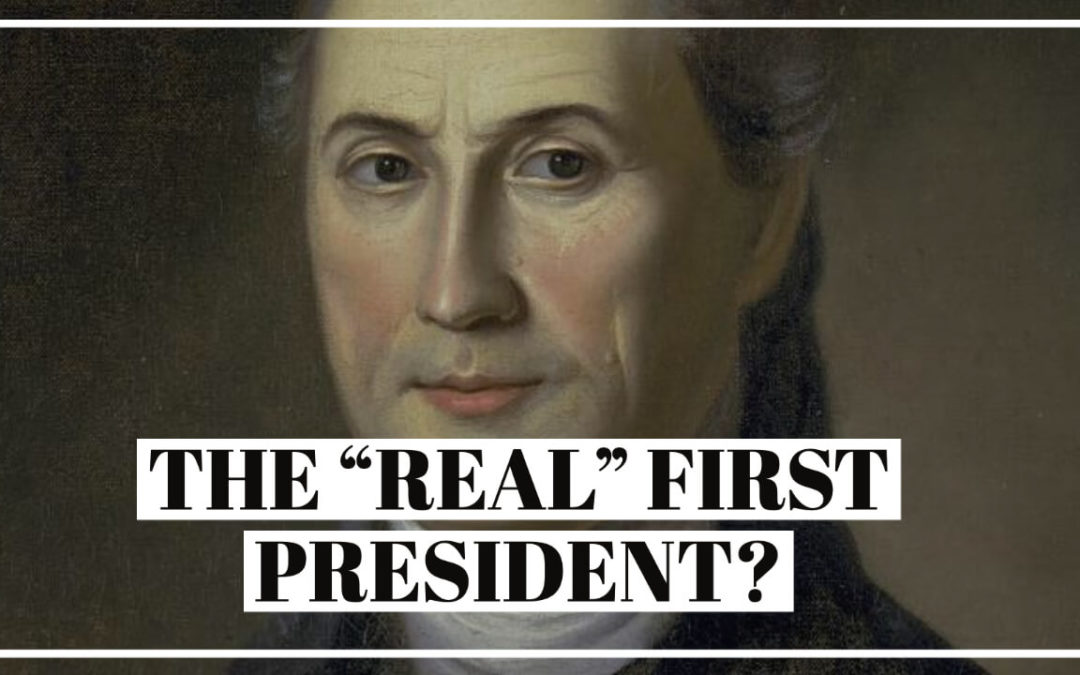
The Other “First” President: Samuel Huntington
Born July 16, 1731, Samuel Huntington was a signer of both the Declaration of Independence and the Articles of Confederation. He was also President of the 2nd Continental Congress when the Articles went into effect in March 1781. Since this was the first constitution...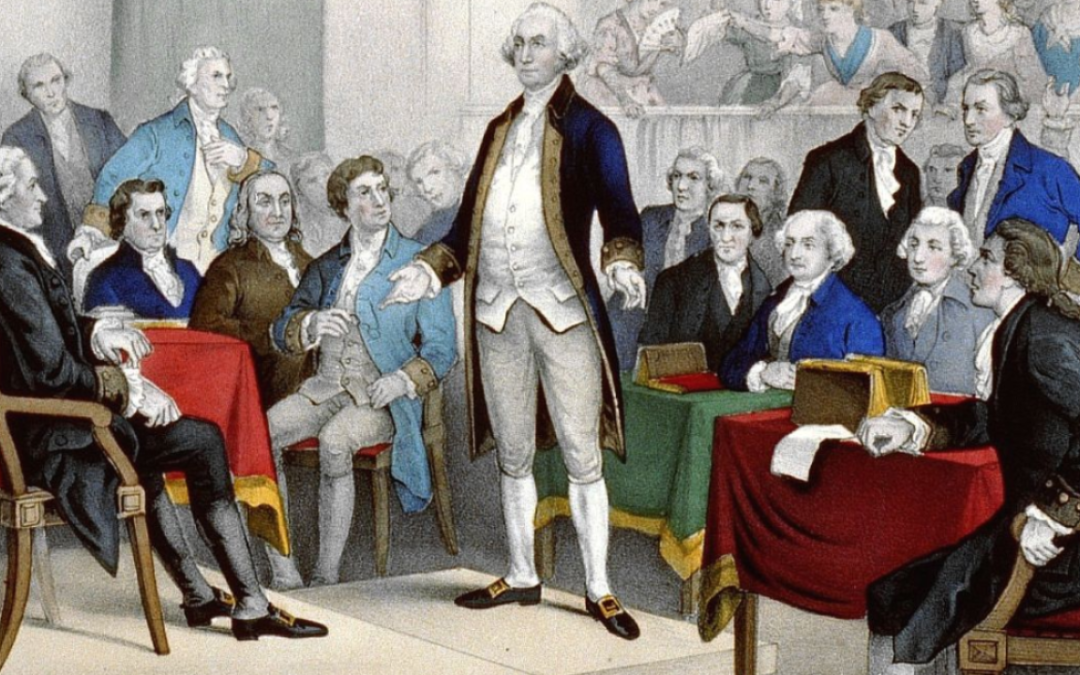
The Continental Congress in a Nutshell
Much acclaim is given to the Continental Congress, which was populated by many eminent figures of the founding era. However, the body was unprecedented, extralegal, and virtually powerless. In this video, I explain why. Best Books on this Topic Murray Rothbard,...